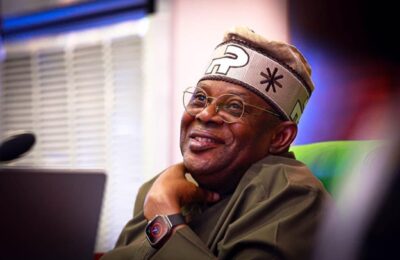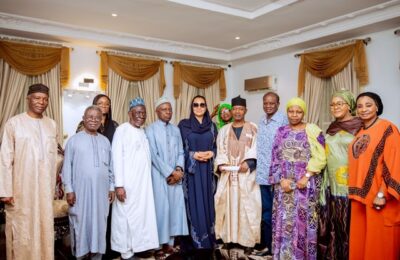The Igala man is not defined by material wealth or ceremonial grandeur, but by an incorruptible spirit — one tempered by hardship, sustained by sacrifice, and rooted in a centuries-old covenant with his bloodline. That spirit, once the unifying force of the Igala Kingdom, now faces an erosion that threatens the very fabric of our identity.
This is not nostalgia; it is a reality we must confront. In times past, the Igala community instinctively practiced mutual aid. A proverb reminds us: “Anone onwu t’anoko le” — he who has people is wealthier than he who money. Today, however, the instinct to help one another is fading. “Every man for himself” has become a quiet creed.
Three years ago, I met an Igala brother from Ibaji who told me, “In our family, if anyone brings a worthy vision, everyone contributes until it succeeds.” Months later, a woman from Agbeji, Dekina recalled how her siblings pooled millions to help her elder sister’s husband back on his feet before his own parents even knew he had lost his job. These examples are flickers of a dying flame — reminders of who we used to be. Today, igalas will drive past or ride past each other without rendering help to a fellow brother or sisters. This is neither practices in hausa nor yoruba land.
The shift is stark. In my youth, children would run to relieve an aged mother returning from the farm, joyfully carrying her firewood home. Now, young people burden their elders, mock them, or turn away. What was once instinctive virtue is being replaced by detachment — a coldness alien to Igala culture.
General Patrick Akpa, chairman of Ukomu Igala, once warned, “We are enemies of ourselves, since we do not want the progress of each other.” It is a truth we can no longer ignore. Our greatest threat is not the strength of external rivals, but the corrosion of our own values.
Still, the ancestral pulse endures. In Idah’s markets, Dekina’s farms, and fishing boats along the Niger, there are Igala men whose word is iron, whose handshake is covenant, whose pride lies in defending truth rather than manipulating it. They embody another old saying: “Onekele ki ma m’anyo n odu nwu anya alenyo” — a man without shame will soon have no name.
Leadership remains the fulcrum of revival. As Professor Dominic Akpa of the Igala Professors Forum has urged, our future depends on producing leaders of courage, selflessness, and integrity — and above all, unity. Without it, no political power or economic gain will last.
Heritage, as Attah Idakwo Ameh Oboni II embodied, is not just a matter of land or title. He was remembered as “a man of peace… passionate about upholding the rich culture of Igala.” That kind of leadership cannot be bought; it must be lived.
The world is watching. History is writing. The divine is judging. The Igala man’s spirit must rise again — in the palace, in the marketplace, in the home, and in the heart. For when the drums fall silent and the final story is told, it will not be about the gold we possessed, but the truth we carried.
As our fathers taught us: “Aludu ke gbeju abeke en’ uma, one ile i ke” — no matter how intelligent you are, you learn from others. We must learn again, not from strangers, but from ourselves.
– Inah Boniface Ocholi writes from Ayah – Igalamela/Odolu LGA, Kogi state.
08152094428 (SMS Only)




